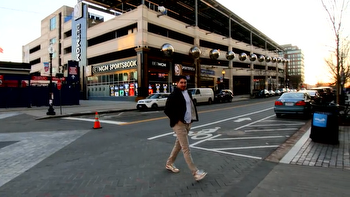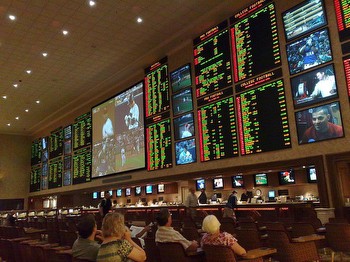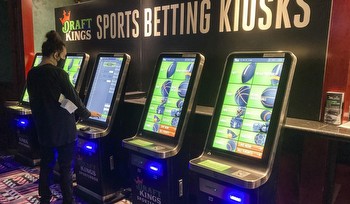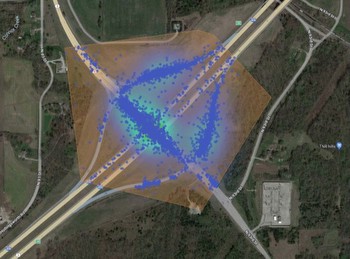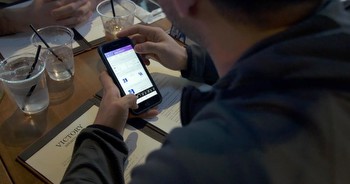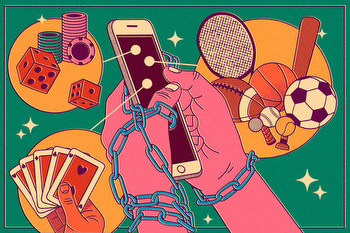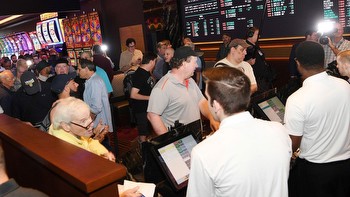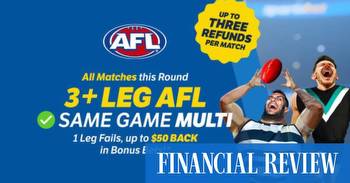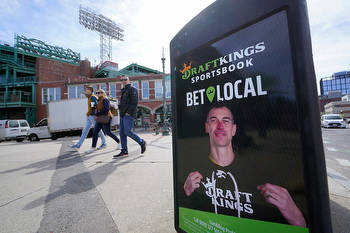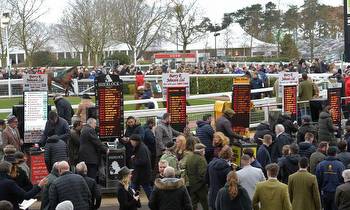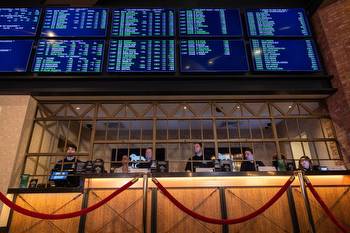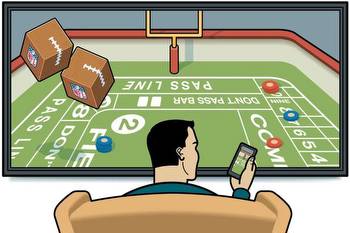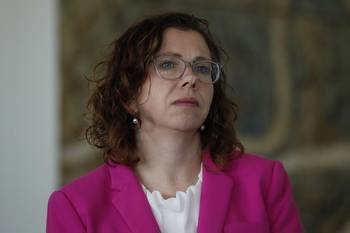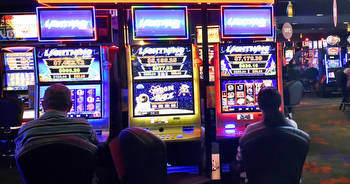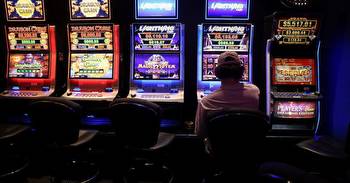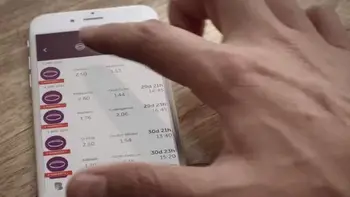Former gambling addict calls for advertising bans as federal government considers reforms
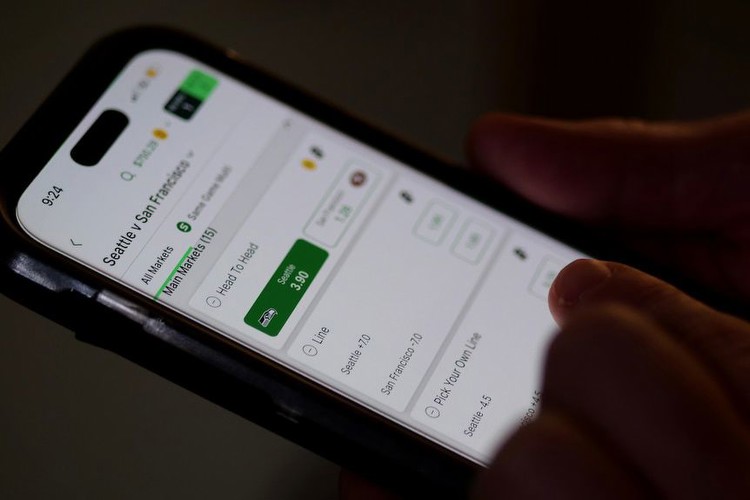
Michael was just 17 when he placed his first bet on a horse race.
The federal government is considering reforms to online gambling
A parliamentary inquiry has recommended a complete ban on gambling advertising within three years
A regional Queensland man says the accessibility of gambling through apps and advertising make it difficult for people trying to quit
Decades of addiction and heartbreak followed; he was declared bankrupt at 21, faced relationship breakdowns, and hit "rock bottom".
"Straightaway I was pretty much hooked, I loved the excitement and the euphoria about it," he said.
Michael, who wanted to remain anonymous to protect his identity at work, spent 20 years addicted to gambling, particularly sports betting.
Now 45, he lives in regional Queensland and still attends regular Gamblers Anonymous meetings.
He said he had witnessed the industry change from betting at a local sports club to dozens of on-demand betting apps on mobile devices.
"Sports betting was just too easy when the apps came along … whether it be rugby league, the AFL, or the Brownlow betting or golf, it's 24/7," Michael said.
"There'd be times I'd be up at two or three o'clock in the morning watching certain events halfway around the world, just hoping and praying that my bet would come in."
In late June, the federal government tabled an inquiry into online gambling harm that found Australians spent the most in the world per capita on legal gambling, losing $25 billion a year.
It recommended a complete, phased ban on all gambling advertising in every state and territory within three years, and warned that advertising was grooming children into gamblers.
But five months after the report was released, no advertising recommendations have been implemented and the government is still "considering" its response.
The Alliance for Gambling Reform is calling on the government to take urgent action and begin implementing the ban.
"We're worried about … this delay and what we see as a cozy sort of relationship with the sports betting industry and some of the big [sporting] codes," chief advocate Tim Costello said.
During the inquiry, major sporting codes claimed gambling revenue formed an important part of their funding, including at a grassroots level.
The NRL and AFL acknowledged concerns about the harm of gambling advertising but did not support any changes to current restrictions that would affect their revenue.
Mr Costello said it was "difficult politics".
He said the reform was not radical, as other countries such as Italy, Belgium, and Spain had already banned gambling advertising.
"The challenges are the vested interests of the powerful, so they're Seven, Nine and 10, the AFL, NRL, Foxtel and they're all saying 'but we now depend on the sports betting advertising'," he said.
"Well, why is it possible for a European nation to do this?"
Michael said he was concerned for young people as gambling was too accessible and advertising was rampant, particularly for sports fans.
CQUniversity Gambling Research Laboratory academic Alex Russell shared Michael's sentiment.
"There are five times as many gambling ads on TV for sports or race betting than there are alcohol ads," Dr Russell said.
"We're a nation of drinkers, so that should tell us a lot."
Minister for Social Services Amanda Rishworth and Minister for Communications Michelle Rowland issued a joint statement in response to questions from the ABC.
It said the government was considering the recommendations of the report and was working with stakeholders to develop a response, which would be announced "in due course".
"The government has been clear that the status quo for gambling advertising is unsustainable," the statement said.
Dr Russell said that, within the industry, some groups would like to advertise less, but it was challenging without regulation.
"They'll say, 'We'd like to scale it back, but if our company scales back, the other companies are still advertising … so we lose out'," he said.
"We need a more coordinated approach to reducing gambling advertising that's fair for everyone."
Michael believes gambling advertising should be limited or banned completely.
"I just think it's a shame because I still watch sport today… when I first gave up gambling I stayed off sports for a little bit but I do enjoy it," he said.
Michael said during his addiction, he would forge family member's signatures and he hurt a lot of people he cared about.
"It was manic, it was chaos because you'd have that many bets on," he said.
Michael said he wanted people to know help was available through services such as Gamblers Anonymous, which also offered virtual meetings.
He said he was grateful for the support of his family and he was focused on making his parents proud.
"I've still got a long way to go, [I was] gambling for 20 years and I want 20 years free," he said.

